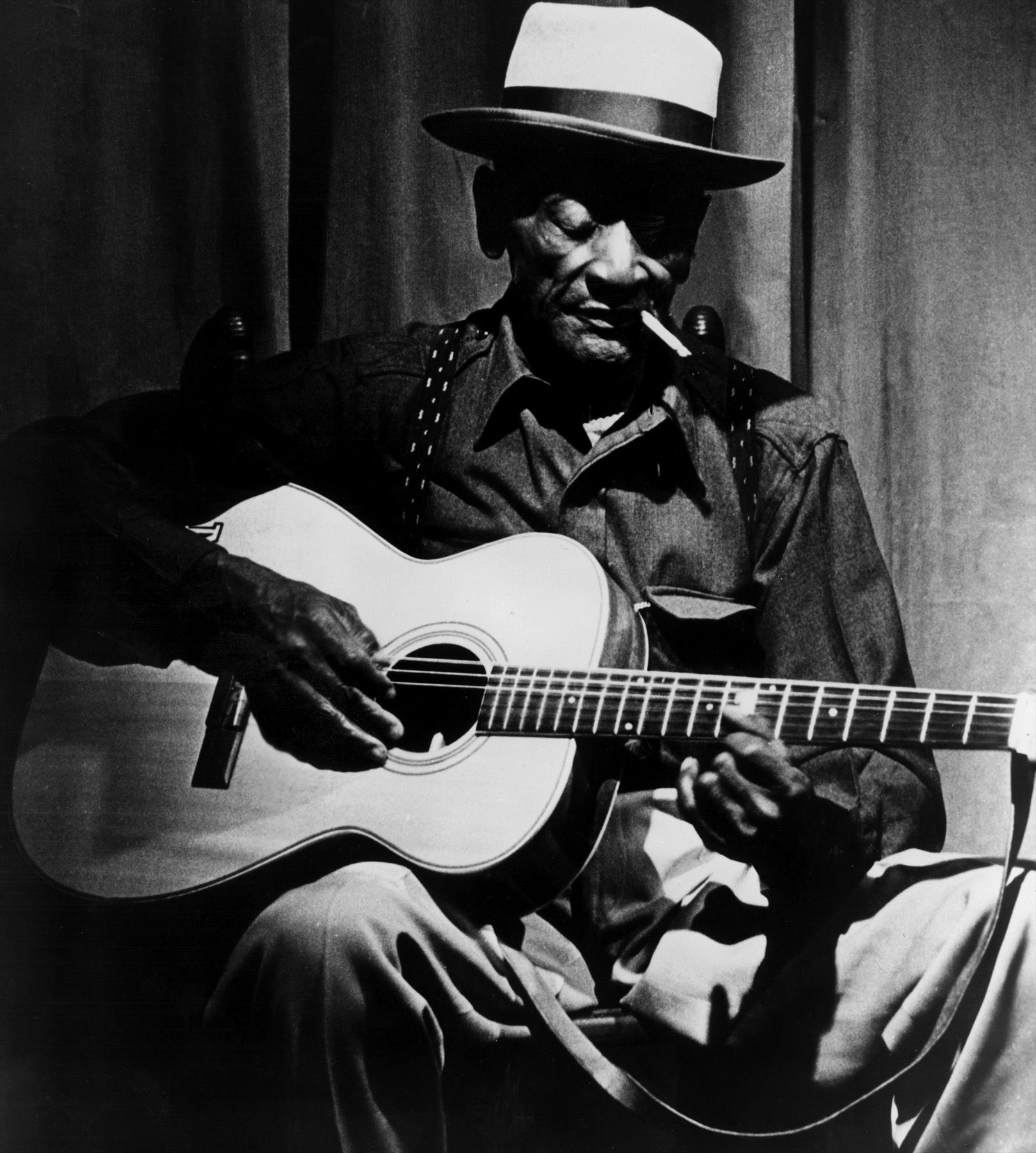By Sean Dietrich
Opelika, Alabama—this is an old home. The kind of house with frilly curtains, decorative plates, and linoleum floors.
Eighty-seven-year-old Billie Joe Porter sits in a recliner. He’s wearing suspenders, and jeans. His hair is powdered-sugar.
He speaks in the old rural tongue—you’d be hard pressed to understand him if you weren’t paying attention. He ends sentences with, “yessir.”
I wish folks still talked like that.
“Was born in Elmore County, yessir,” says Billie Joe. “My brother showed me how to play guitar when I’s juss a little cuss.”
When Billie Joe learned to play, he was recovering from an accident. His daddy had been cutting a pine tree.
It fell on young Billie Joe, crushed his shoulder, and cracked his head like an egg shell.
His brother taught him four chords. Billie Joe took to the instrument like a fly to a brown apple.
“Could tear up a guitar,” he says. “Yessir.”
The truth is, Billie Joe was one of the faceless blue-collar Alabamians. Tall, lanky, with hands like hams, and a work ethic that didn’t quit.
He married at eighteen. He worked in a cotton mill. He worked for the city. He worked hard hours.
After work, he would tear up guitars, fiddles, upright basses, and lap steels in joints across the South.
He might look like your average elderly man, but he is more than that. He is American music during its heyday.
He is field parties, square dances, livestock auctions, birthdays, honky tonks, beer joints, dance halls, county fairs. He is old-time radio.
“I even played with Hank Williams,” Bille Joe says. “At the old Montgomery Jamboree, yessir.”
During the jamboree, Hank told Billie Joe’s band to start calling out songs. So Billie Joe asked him to sing “Move it on Over.”
Hank looked back at Billie Joe and grinned. “You know my song?” said a surprised Hank.
This particular memory makes Billie Joe cry.
Billie Joe’s wife suggests he play a few.
He shuffles into a sitting room, using a walker. He tunes his bass guitar by ear. His joints are knobby, he has no feeling in his left hand. It doesn’t stop him.
“Can’t play like I used to,” he says.
Even so, we play music together. He sings old songs the way they were meant to be.
His voice is the history of my people, wrapped up in twang.
This is as close to heaven as I will get without laying in a pinewood box.
He sings “Room Full of Roses,” and, “I Saw the Light,” and, “I Can’t Help it if I’m Still in Love With You.”
He remembers every honky tonk lyric, and even though his pipes are aged, Billie Joe sings with sincerity.
“Aw, I ain’t no good,” he says. “Should’a seen me long time ago, yessir.”
When our time is done, we leave through the kitchen. His wife sends us home with banana bread and hugs.
“Come visit me anytime,” Billie Joe says. “Ain’t got much going on no more. I enjoyed it.”
I enjoyed it, too, Billie Joe. As a matter of fact, this was one of the better days of my life.
Yes sir.
Sean Dietrich is a columnist, and novelist, known for his commentary on life in the American South. His work has appeared in Southern Living, the Tallahassee Democrat, Southern Magazine, Yellowhammer News, the Bitter Southerner, the Mobile Press Register and he has authored seven books.

